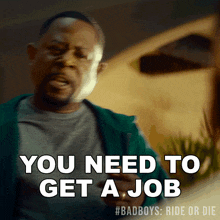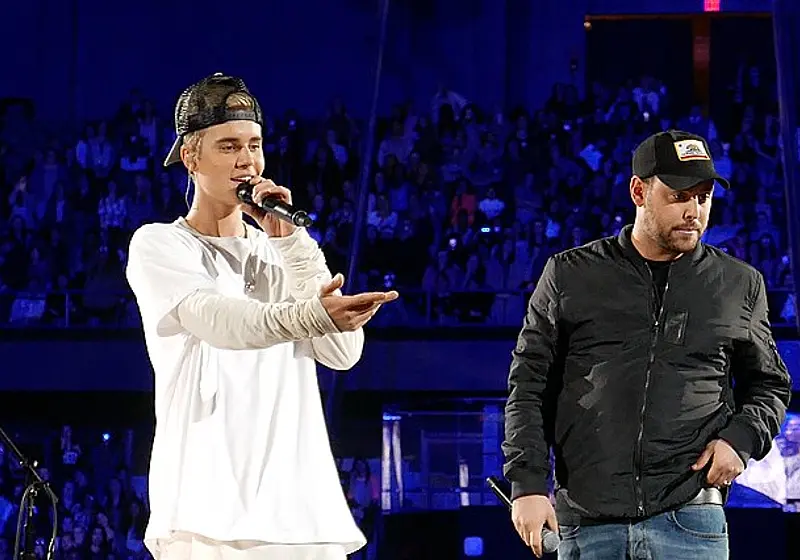Many celebrities take advantage of their huge following and call for awareness about issues related to social justice, environmental issues, and more.
However, when it comes to political matters, things get a little bit tricky. Should they speak out or should they just keep quiet and entertain?
Image Credit: Dzenina Lukac From Pexels
While it would be fair to say that a celebrity's job is to amuse and entertain, one would be selling their influence short if they were to say that it stopped there. From the moving Instagram post to the impassioned awards show speech, celebrities can change minds and move mountains. But beyond the obvious examples, Lewis Hamilton's activism, and hit songs like Dave's "Black," there's a deeper layer to this conversation.
Let us slide into your dms 🥰
Get notified of top trending articles like this one every week! (we won't spam you)The Fine Line Between Risk and Reward: Behind The Image
While celebrities talking politics may damage their well-established and respected image, taking a stand in a polarized world often comes at some price.
There's a strategic element to that risk, that must be considered. In the case of celebrities like Taylor Swift, who finally broke her political silence ahead of the 2018 midterm elections, it wasn't just about endorsing a candidate and influencing a generally young audience with poorer voter turnouts. In that case, it was very calculated on Swift's part, knowing her reach and being willing to take the risk in confidence that her base would be able to tip the scales.
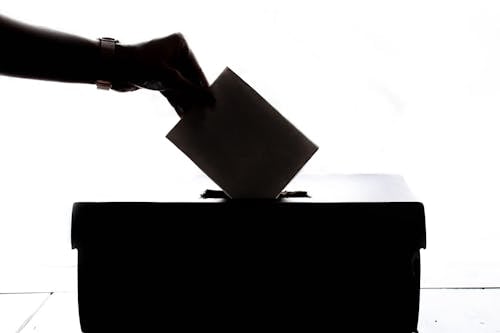
Image Credit: Element5 Digital From Pexels
This begs another question: How do celebrities decide which political causes to take up, and is it ever genuine? Sometimes, it's pure activism; sometimes, it has to do with brand strategy. It's not just taking a knee for social justice or dropping politically charged bops.
In the case of Taylor Swift, she used her platform at a very critical period with the hope of affecting the democratic process, which In the end is sure to have proved fruitful. Or Lewis Hamilton when he decided to take a stand against the injustices and inequities present on a political level during the 2020 Formula 1 season. These are just two high-profile examples of well-established celebrities speaking out on politically relevant subjects
Image Credit: Agência Senado From Wikimedia Commons

Take the Quiz: What’s Your Secret Superpower? This Quiz Will Reveal Which Singer Icon You Resemble
This fun quiz will unveil your unique qualities and reveal which music icon you resemble the most.
The Unseen Power of Artistry: A Fusion Of Creation And Politics
One thing that's always, always glossed over is the very subtle ways artists place politics within their crafts. Think, if you will, about Beyoncé's Lemonade concept album about race, gender, and empowerment. It wasn't sold as political, but it undoubtedly affected the social discourse. That is an example of the power of artistry speaking much louder than any tweet could ever hope to.

Image Credit: Suvan Chowdhury From Pexels
And consider film, too. Jordan Peele's Get Out was a brilliant use of horror as a medium to comment on America's race relations. Films like these reshape our perception of how we discuss politics by integrating it into cultural touchstones, creating discussions that go far beyond the movie theater.
In these cases, the work is doing the political talking for them. Art becomes activism but in an accessible rather than confrontational manner. Perhaps this is the most potent form of celebrity political influence it's woven into something we have already come to love.

Image Credit: Miguel Á. Padriñán From Pexels
Influence at Scale: The Real Impact on Political Change
What is rarely discussed, however, is what celebrity advocacy means in tangible political terms. In other words, it's really easy to say that celebrities are influential what does that look like in actuality?
Voter registration drives are a good place to start. According to Vote.org, such celebrity-led initiatives are driven by LeBron James and Ariana Grande, among many others driven millions of new voter registrations, especially from young and minority voters.
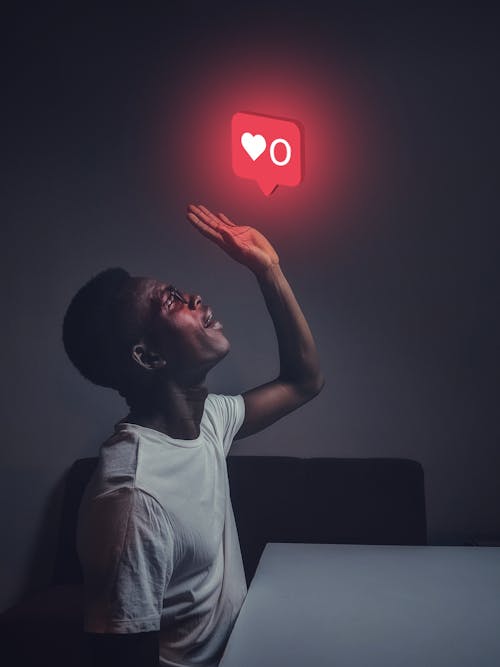
Image Credit: Oladimeji Ajegbile From Pexels
To top it all off, there is also data to support this fact: A Harvard Kennedy School study found that celebrity political endorsements can increase voter turnout by as much as 5%. These are no small numbers, especially if one factors in close elections, like the U.S. 2020 presidential election, which could swing either way.
This level of influence is not only about visibility but also mobilization. And not only in elections. Celebrities are also able to make life uncomfortable for politicians and corporate leaders, as witnessed by Leonardo DiCaprio's outspoken environmental advocacy. Using platforms like the UN Climate Summit through which DiCaprio addresses those specifically responsible for setting global environmental agendas.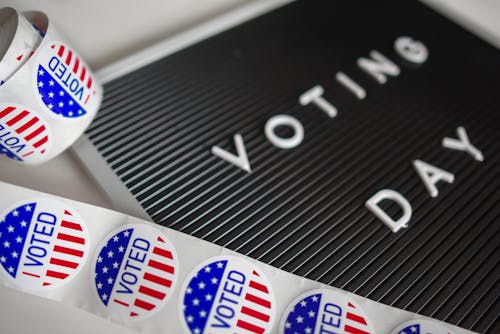
Image Credit: Element5 Digital From Pexels
A Double-Edged Sword: The Cost of Speaking Up
But not all influence is used judiciously. When Kanye West sported that now-infamous "MAGA" hat, a firestorm exploded around him. Some fans felt alienated, and others even called him misinformed on the complexities of political issues.
It underscored one thing: when celebrities enter into political discourse, they're supposed to know what they are talking about. The public holds them to a higher standard, perhaps not altogether fairly, but such is the reality of their stature.
This begs the question in itself- should celebrities have a responsibility to be well-educated on the political issues they speak about? That's where the discussion gets layered. While their platforms can spark awareness, there is also a risk that there might be oversimplification on social media, particularly, where nuance is lost.
Celebrities like Kim Kardashian have joined the political playing field with criminal justice reform. The reality is, that nobody took her seriously until she deeply educated herself about these issues and started to work with lawyers and policymakers.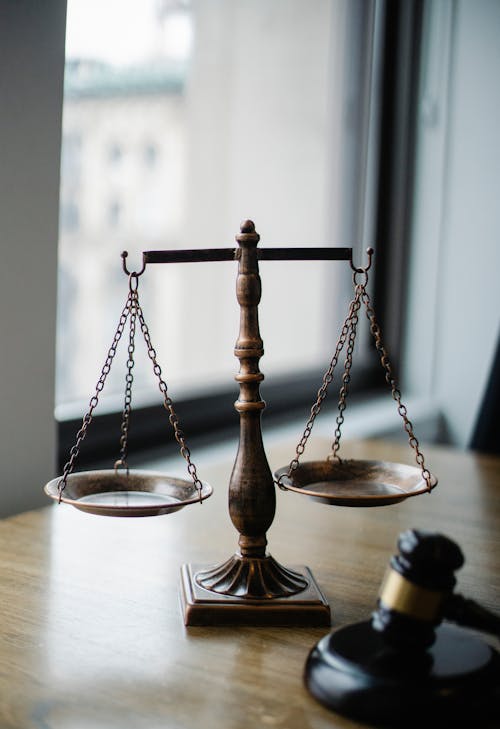
Image Credit: Sora Shimazaki From Pexels
Politics as Legacy: Shaping the Future Beyond Fame
When Mahatma Gandhi stated, "The future depends on what we do in the present," it was not only a rallying he provided to all political leaders; rather, it is a force that anyone holding a position of influence could well be called upon to make, even celebrities. Rather than the ephemeral changes celebrities may affect within the current political climates, they can leave legacies that will continue far beyond the careers of the celebrities themselves.
Whether media mogul Oprah Winfrey empowers women across the globe or sports stars such as Colin Kaepernick sacrifice their careers in the name of social justice, the potential to shape society goes far more deeply than an Instagram post.

Image Credit: RDNE Stock project
It is not a question of whether celebrities should talk about politics, but how. While backlash will certainly occur, without a doubt, there is an opportunity place of occupation where voice can transcend the bounds of entertainment and spur tangible change.
The best celebrity political advocates, however, go beyond surface-level activism- engaging in-depth, educating themselves, and understanding the full weight of their influence. Not only should the impact of celebrities in political discourse have a forward-looking dimension, but also more importantly, our role as their audience in the process. We become part of this influence cycle, and our reactions, endorsements, or criticisms further shape the conversation, even if we are not conscious of actually being in the conversation.
Celebrity politics spread far and wide in today's more-connected-than-ever world. Be that as it may, they will continue commanding this influence, so we should treat it as an opportunity to learn something from those whom we idolize.


